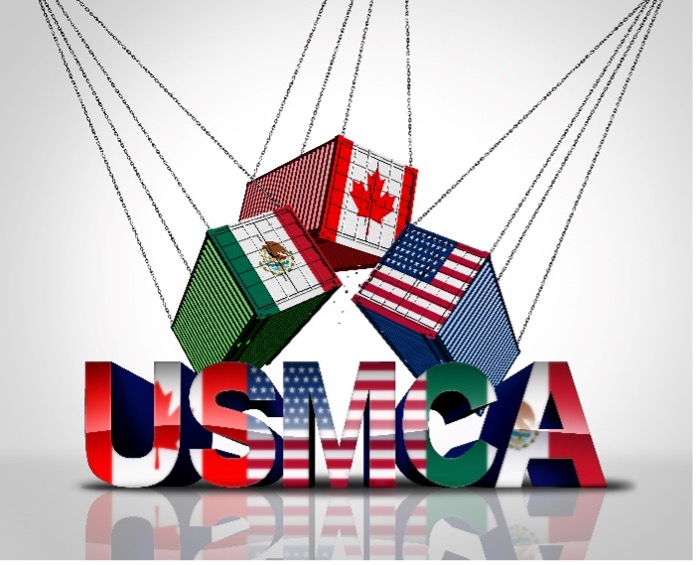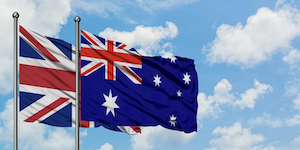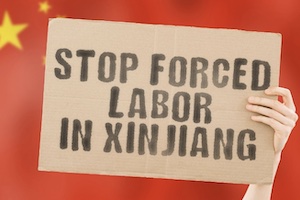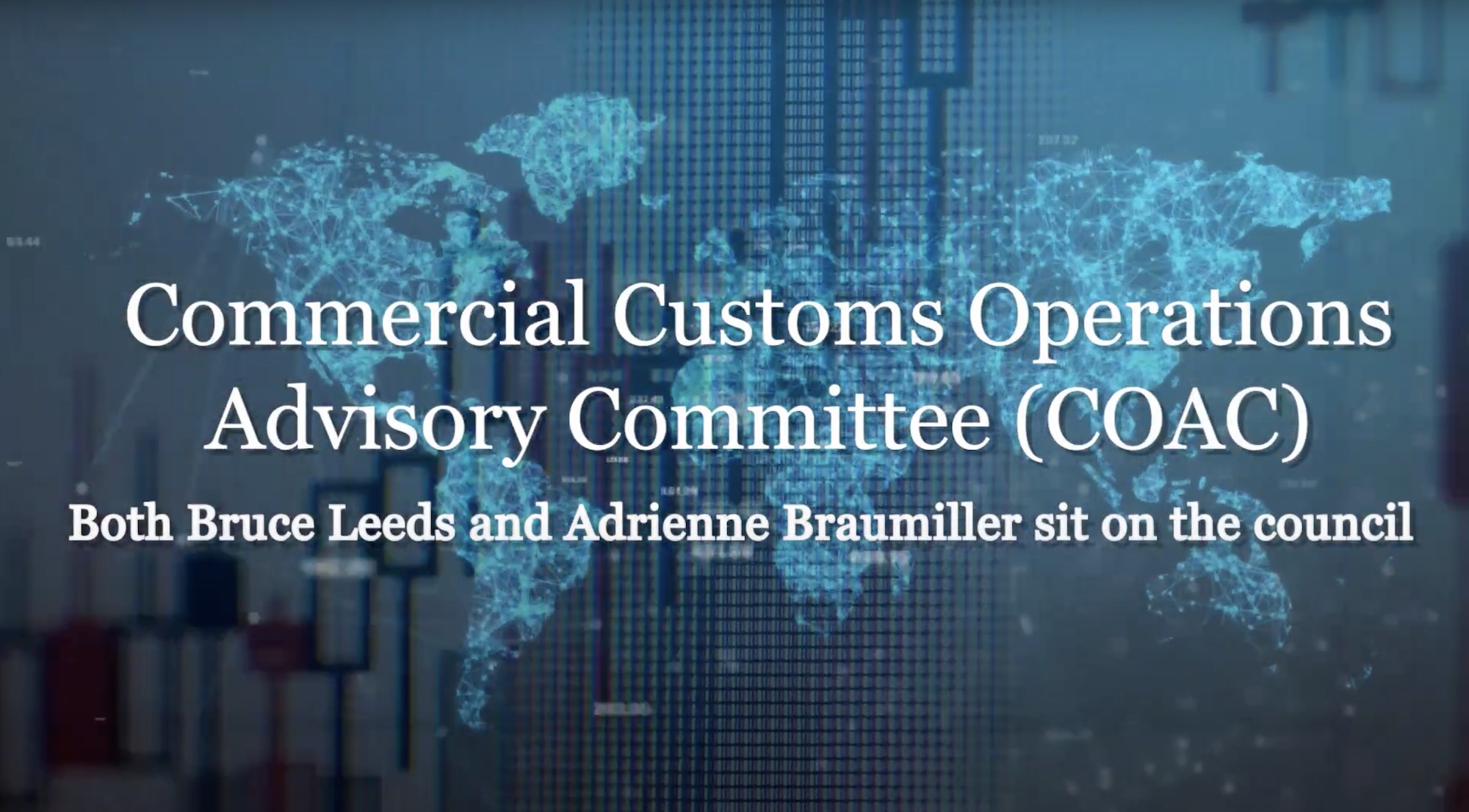
Section 232 Investigation of Commercial Aircraft, Jet Engines and Parts
In a recent Federal Register notice the Bureau of Industry & Security (BIS) of the Department of Commerce announced that “On May 1, 2025, the Secretary of Commerce initiated an investigation to determine the effects on the national security of imports of commercial aircraft and jet engines, and parts for commercial aircraft and jet engines. This investigation has been initiated under section 232 of the Trade Expansion Act of 1962, as amended (Section 232).” The investigation may take up to 270 days but it can be concluded sooner.










